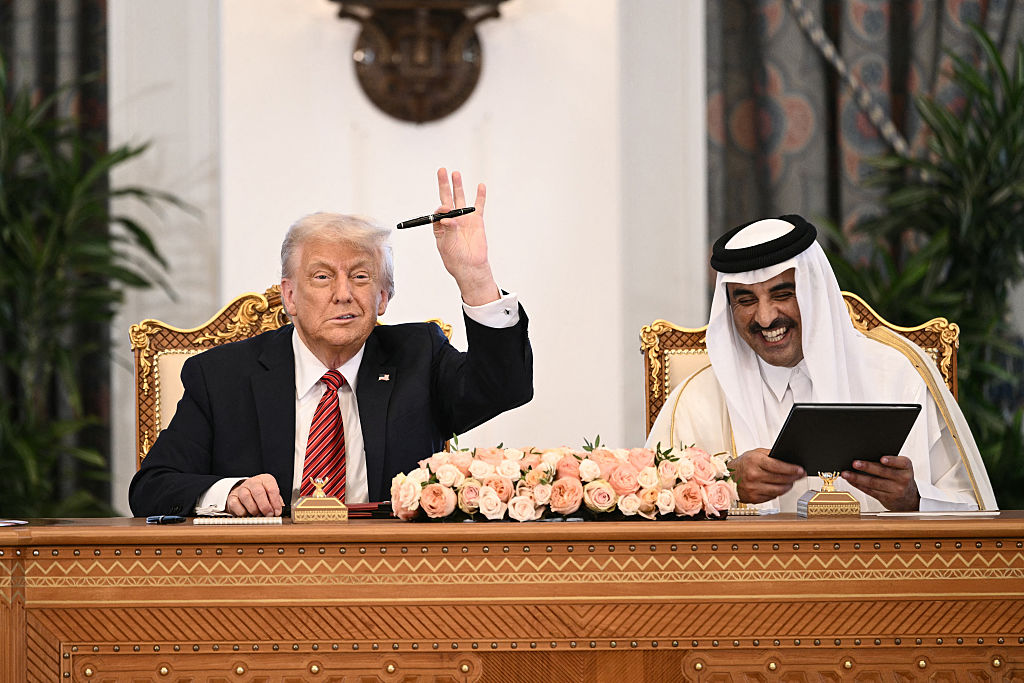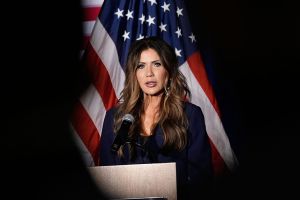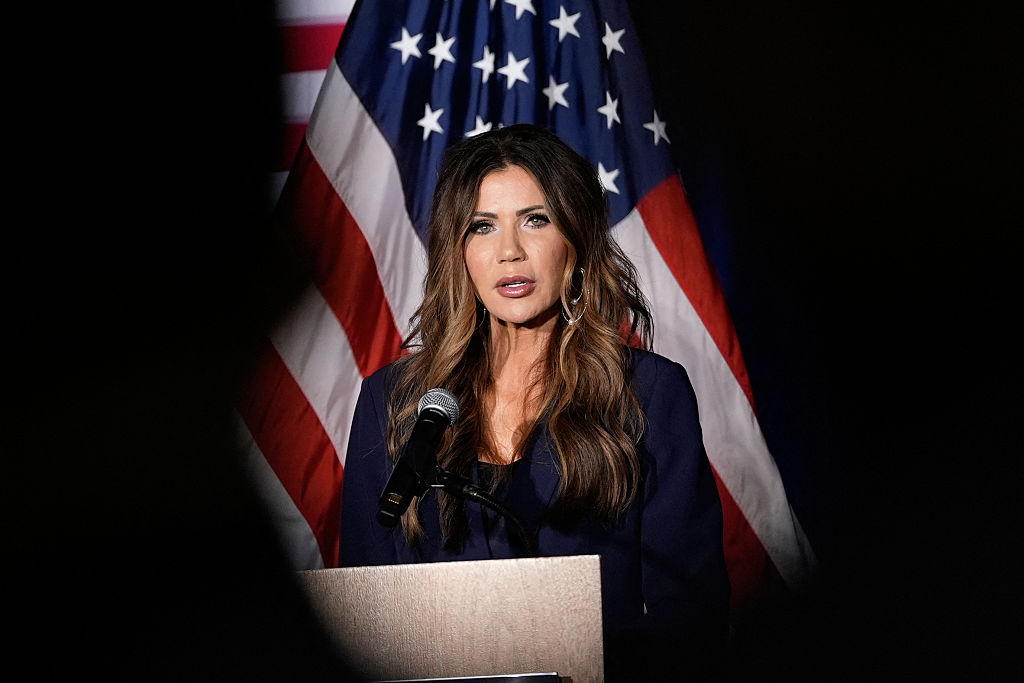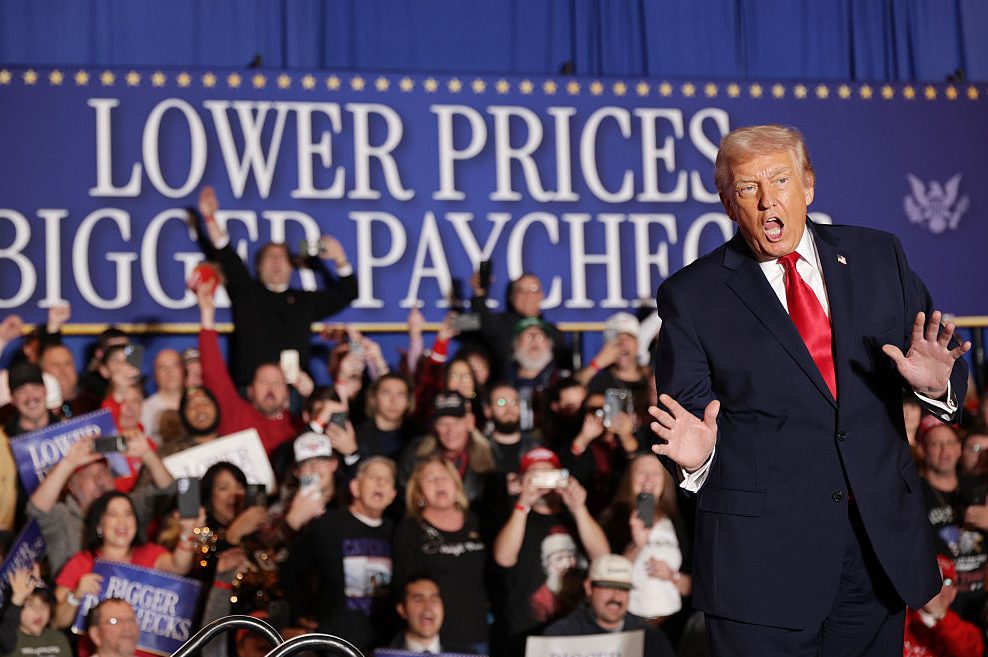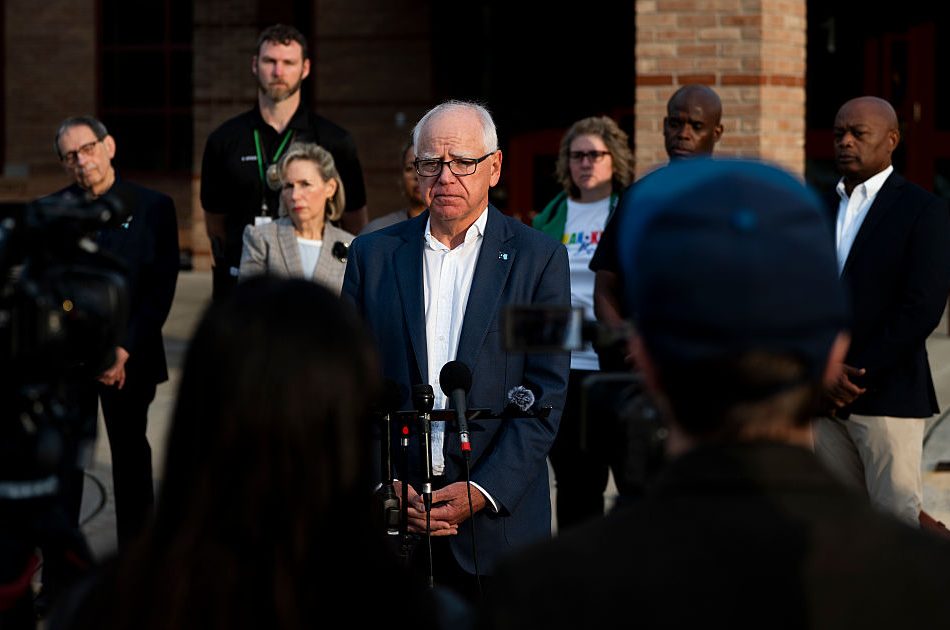Qatar is basking in its latest diplomatic success. On Monday evening, Qatari diplomats brokered a ceasefire between Israel and Iran. This truce remains intact despite Iran’s parliamentary vote to suspend cooperation with the International Atomic Energy Agency (IAEA) nuclear watchdog and brinkmanship over alleged breaches of the ceasefire.
Qatar’s success was the product of years of tenacious diplomacy and capitalization on time-tested partnerships with the key warring parties. During the summer of 2022, Qatar hosted indirect nuclear negotiations between US and Iranian officials. While these talks did not produce immediate results, Qatar continued its efforts. In August 2023, Qatar facilitated a US-Iran hostage deal that led to the unfreezing of $6 billion in sanctioned Iranian funds and the release of five captive Americans.
Qatar transformed a moment of grave peril into a historic opportunity for peace in the Middle East
After President Donald Trump’s return to the White House in January, Qatari officials discreetly engaged with their Omani counterparts on facilitating nuclear talks between the US and Iran. On May 20, Qatari Prime Minister Sheikh Mohammed bin Abdulrahman al-Thani warned of the dire consequences of a “nuclear race or round of escalation next to our countries” and suggested a trilateral format involving Oman, the US and Iran. When Israel instigated its Operation Rising Lion offensive against Iranian military infrastructure on June 13, Qatar convened talks between energy companies on the war’s economic fallout and coolly responded to the Iranian missile attack on its al-Udeid base to prevent an escalation spiral.
The Qatar-brokered ceasefire deal is the culmination of an extraordinary comeback story which has seen Qatar transform vilification into grudging praise from Trump’s closest allies. It also underscores Qatar’s integral place within the grand strategies of Western powers in the Middle East and efficacy as a conflict arbiter in numerous global theaters of instability.
Before Trump’s inauguration, there were widespread expectations that his second presidency would witness a downturn in US-Qatar relations. Pressure groups accusing Qatar of supporting Hamas and of mediating between Israel and Hamas in bad faith had gained traction. These organizations influenced the views of key members of the Republican party. Bitter memories of Trump’s initial alignment with the 2017 Saudi Arabia-led blockade against Qatar and dismissal of Secretary of State Rex Tillerson, who reportedly stopped Saudi Arabia and the UAE from invading Qatar, lingered uncomfortably on the horizon.
Despite the negative signals emanating from his closest allies and past conduct, Trump had incrementally developed a much more sanguine view of Qatar’s regional role and a warm relationship with its Emir, Sheikh Tamim bin Hamad al-Thani. Trump admired Qatar’s role in brokering an end to the US’s forever war in Afghanistan and growing investment footprint in the American economy. During their September 2024 meeting at his Palm Beach mansion Mar-a-Lago, Trump hailed the Qatari Emir’s commitment to peace in the Middle East and pledged that his return to the White House would make US-Qatar relations “even stronger.”
Trump’s historic two-day visit to Doha last month, the first by a sitting US president since George W. Bush gave his infamous 2003 “mission accomplished” speech at al-Udeid, energized Qatar’s allies and detractors within the MAGA universe in equal measure. US Special Envoy to the Middle East Steve Witkoff was undoubtedly a tacit supporter of the trip, as he had recently hailed Qatar’s “well-motivated” involvement in regional diplomacy. Qatar’s offering of $243.5 billion in economic deals to the US and pledge to invest $10 billion in the al-Udeid base gratified Trump.
For Qatar’s critics, reports that it was in talks with the US for Doha to transfer a Boeing 747 for Trump to use as Air Force One became an obsessive point of focus. Texas Republican Senator Ted Cruz warned that the Qatari jet raised “significant espionage and surveillance problems” and framed Trump’s acceptance of it as a national security threat. In a not-so-implicit jab at Witkoff, Arkansas Republican Senator Tom Cotton lambasted Qatar’s hosting of Hamas and warned that it was a less reliable US partner than Saudi Arabia or the UAE.
Qatar’s brokering of the Israel-Iran ceasefire deal will not end its divisive reputation, but it does underscore its ability to serve as a trouble-shooter and force-multiplier for the US in the Middle East. It is a vindication for Trump’s decision to entrust the emirate with high-stakes diplomacy and should soften the strident criticisms of Witkoff in the conservative media echo chamber.
Qatar’s success will also elevate its status as a partner for the United Kingdom and counter the criticisms that accompanied Sheikh Tamim’s state visit to London in December 2024. A recent Centre for Economics and Business Research (CEBR) report revealed that Qatar contributes £120 billion (over $160 billion) per year to the British economy.
As the UK edges closer to a free trade agreement with the Gulf Cooperation Council (GCC) and seeks global partners to burnish its Global Britain agenda, Qatar has strategic value. It is little wonder that Prime Minister Keir Starmer consulted with Sheikh Tamim after the al-Udeid attacks and discussed facilitating the swift resolution of the Gaza war.
Aside from shoring up its Western partnerships, Qatar’s diplomatic success was a triumph for its national identity construction mission. As a relatively new country that only earned its independence in 1971 and a small nation with 330,000 native citizens, Qatar’s outsized role as a conflict arbiter is a profound point of national pride. Mediation is even ensconced within Article 7 of the Qatari constitution. The trauma of Iran’s attack created a palpable patriotic rally on the streets of Doha and Qatar’s diplomatic achievement augmented that nationalist upsurge.
The momentum generated by Qatar’s arbitration triumph has already extended to other conflict theaters. On Wednesday, Foreign Ministry spokesman Majed al-Ansari declared that Qatar had been in touch with “all sides” of the Gaza war and hailed Trump’s sincerity about a potential Israel-Hamas ceasefire. As the families of Israeli hostages clamored for the Israel-Iran ceasefire to lead to a truce-hostage deal in Gaza, Qatari diplomacy has highly visible allies.
Beyond the Middle East, Qatar’s global mediation efforts have received a shot in the arm. As Trump’s efforts to facilitate US-Russia dialogue and an end to Russia’s brutal invasion of Ukraine blew up in smoke, Qatari diplomats continue to broker the return of abducted Ukrainian children to their families. Earlier this month, Qatar advanced a draft peace proposal between the Democratic Republic of the Congo (DRC) and Rwanda-backed M-23 rebels. This plan follows months of Qatari shuttle diplomacy in the eastern Congo crisis and serves as a roadmap to end the DRC’s three decades of bloody internecine strife.
During the darkest phase of the US and Israel’s war with Iran, Qatar transformed a moment of grave peril into a historic opportunity for peace in the Middle East. Now is the time for Trump to build on this success and fulfil his vow to be America’s peace president.



